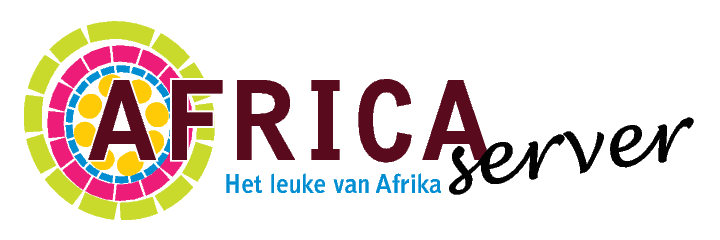Dinsdag 14 Maart 2023

PhD defence: Maize yield gaps and their mitigation in Ethiopia: an integrated assessment
Dinsdag 14 Maart 2023 13:30 - 15:00
PhD candidate: BT (Banchayehu) Assefa. Promotor: prof.dr.ir. MK (Martin) van Ittersum. Co-promotor: dr. P (Pytrik) Reidsma. External copromotor: dr. Jordan Chamberlin. Ethiopia has achieved the second highest maize productivity in Africa. However, maize yields are only 20% of the estimated water-limited potential yield. The major aim of the study was to explain actual farmers’ maize yields and maize yield gaps along with the associated technologies and management practices used in maize production in Ethiopia. The study adopted an integrated production-ecological and socio-economic perspective and methodological approach. First, the thesis provided a national level analysis of maize yield drivers and maize yield gap decomposition into efficiency, resource and technology components. Second, yield response to fertiliser use was estimated and economic attractiveness of fertiliser usage was evaluated at different levels of assumed risk aversion. Third, major technologies and management practices in Ethiopian maize production were described and their association with maize yield and labor productivity was investigated. Fourth, the thesis evaluated the factors that correlate with crop diversity decisions in maize-based systems and assessed the trade-offs between crop diversity and farm outcomes. Research and policy implications were derived from these analyses.

Studium Generale, Collegereeks, Engelstalig: Decolonising Cinema
Van Maandag 06 Maart 2023 - 19:30
t/m Maandag 03 April 2023 - 21:30
5 weeks on Monday Evening. It's time for a new film course series! This series focuses on the interaction between processes of decolonisation and cinema. Since the revolutionary 1960's, film directors have increasingly seen film as a medium that can play a role in the process of decolonisation, as well as a medium that still has to be decolonised itself. Dreamsof independence and self-determination made cinema more militant and radical, turning it away from Hollywood and its perpetual dreamscape. In short: making films with a rock in one hand, and a camera in the other, as the authors of the radical manifesto "Towards a Third Cinema" (1969) wrote. will draw on an exciting mix of film theory, analysis and history, and of course a wide variety of unforgettable clips from the film history of the country in question. In collaboration with Lumière Cinema. It is, next to registration for the whole series (see link in side box), also possible to register for individual lectures (see links behind lectures).



